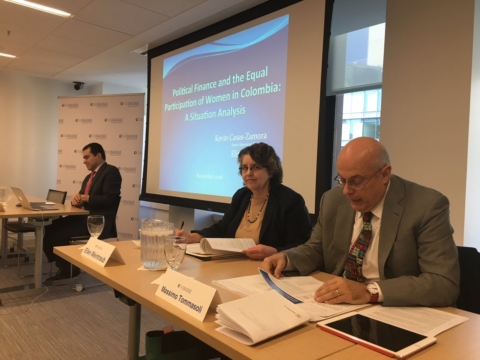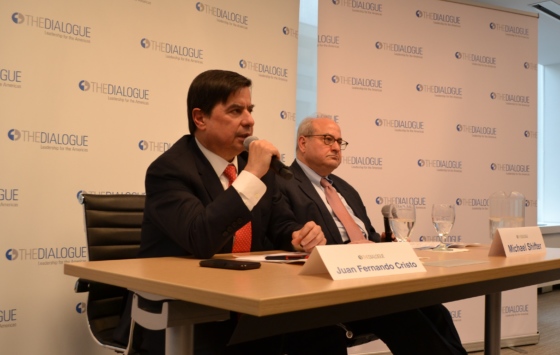
Implementing Colombia’s Peace Accord
El lunes 20 de marzo, El Diálogo realizó un evento con el Ministro de Interior de Colombia, Juan Fernando Cristo, para discutir la implementación del Acuerdo de Paz de Colombia con las FARC.
El lunes 20 de marzo, El Diálogo realizó un evento con el Ministro de Interior de Colombia, Juan Fernando Cristo, para discutir la implementación del Acuerdo de Paz de Colombia con las FARC.
Cuts to Washington’s energy engagement could undermine the connections that help support U.S.–Latin American cooperation on issues from security to immigration. When it comes to weakening energy integration in the Americas, there are few winners.
Peace in Colombia promises to bring many environmental benefits to the country but also poses environmental risks associated with the rural development plans contemplated in the post-conflict agenda.
In 2016, the flow of remittances to Latin America and the Caribbean surpassed US $70 billion. In the 20 countries for which there is data available, the flow reached US$69 billion. This increase demonstrates continued growth since the post-recession period. In this article, we find a range of factors shaping this growth,
Michael Shifter señaló en esta entrevista con Caracol Radio que las salidas en falso de Donald Trump le pasarán factura.
Across Latin America, the sustained decline in global oil prices has had a profound impact on economic growth, political stability and the viability of resource nationalism – when governments assert more control over the nation’s natural resources.
En estos episodios especiales de Club de Prensa en el Diálogo Interamericano se analizan los retos y las oportunidades para la relación entre EEUU y América Latina
Colombia should integrate environmental considerations into its rural economic development plans to avoid an increase in deforestation associated with the post-conflict transition.
The pendulum of Latin American politics is swinging rightward once again. Yet as the “pink tide” recedes, the forces of change have more to do with socioeconomics than ideology. Dramatic economic and political crises have coincided in countries like Brazil and Venezuela. Still, the final result for Latin America may be the emergence of centrist, pragmatic modes of governance, and with them, opportunities for the U.S. to improve relations. The new administration must look beyond the neoliberal model of the 1990s, and develop an approach to relations fit for the 21st century.
En este programa de Club de Prensa, Michael Shifter y otros expertos debaten temas como la corrupción en América Latina, en particular en Brazil, o el anuncio por ‘The Economist’ de Colombia como ‘País del Año’
The international order based on the United States’ engaged leadership seems to be ending. What will replace them remains unclear.
In its fourth edition, the Remittances Scorecard ranks 30 companies working in 11 Latin American and Caribbean countries. It evaluates them across 12 indicators to assess their performance and competition in the money transfer industry.
Following Santos lead, the Michel Temer government would first have to test whether Brazil’s legislative leaders are willing to conduct serious negotiations, and prepared to make concessions that could be effective in curbing the country’s pervasive corruption—or at least offer a better solution than the current case-by-case approach of criminal investigations and trials.
More than five decades of war appears to be over as the Colombian Congress ratifies a new peace deal with FARC rebels. The new deal includes 50 changes to an initial one narrowly rejected by voters in October. Michael Shifter analyzes.
Despite taking significant steps towards a more gender-balanced political system –notably the recent adoption of female representation quotas— Colombia, like many other Latin American countries, continues to struggle with the legacies of pervasive social, economic and political inequality that disproportionately affect women. The study gauges the effect that campaign finance has for aspiring female leaders, and puts it in the context of broader social and cultural barriers that hinder women’s political activism throughout the region.
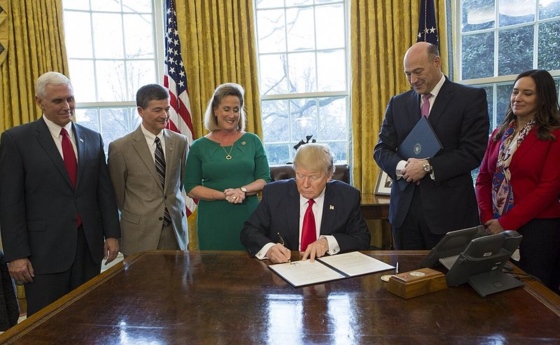

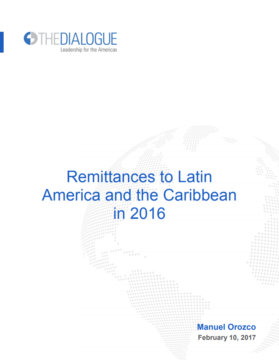
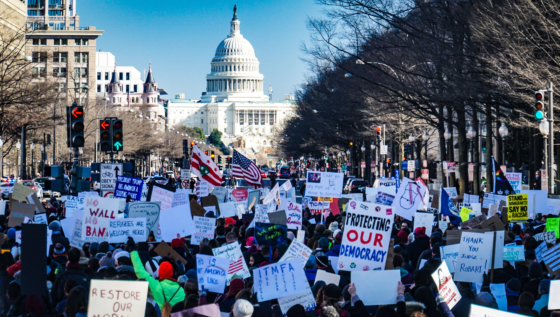
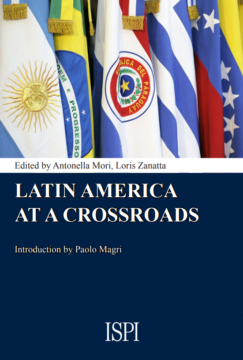
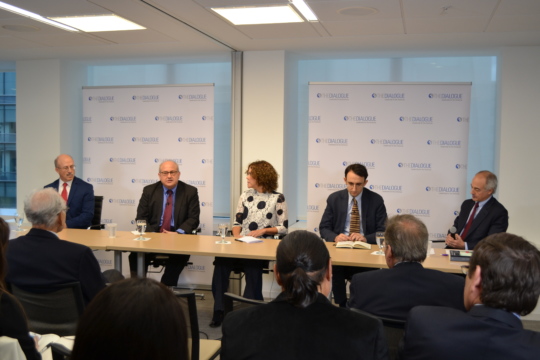
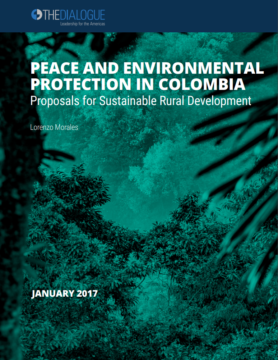

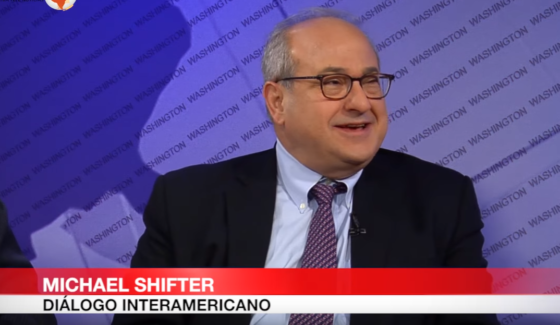 Video
Video

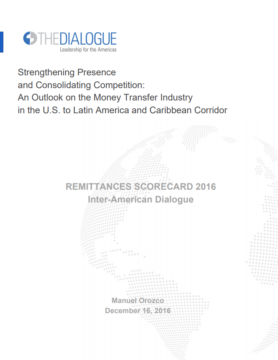
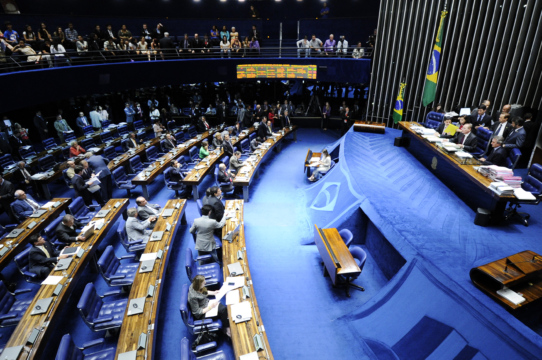
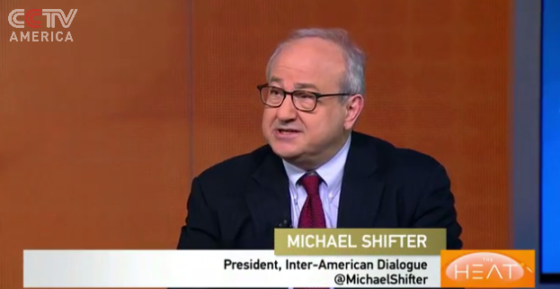 Video
Video
